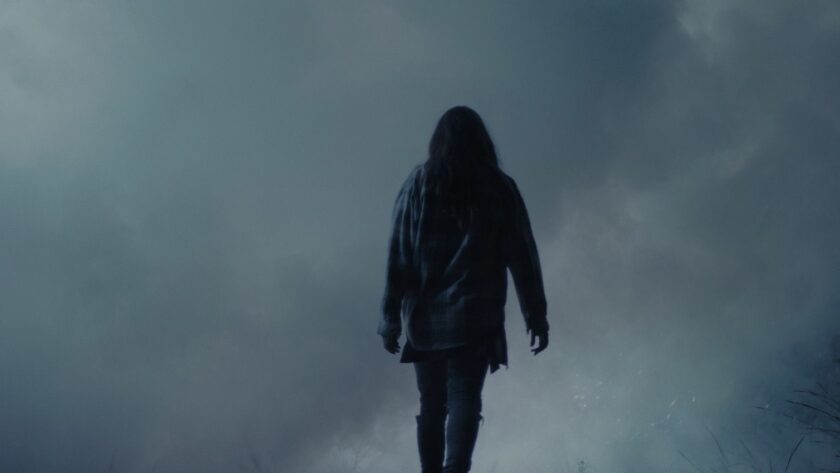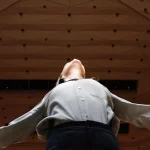Lydia De Matos reviews a time travel drama considering the lengths we go to for those we love.
The Greenhouse is kind of like if About Time and The Time Traveller’s Wife adopted a child. By which I mean, it’s about time travel, family, and grief. It doesn’t star Rachel McAdams though, which is a shame, in the way that any movie not starring Rachel McAdams is a shame. That detail aside, I usually find it difficult not to enjoy films moulded around clever time travel concepts, and at least in that department, Thomas Wilson-White’s debut feature delivered.

Grief has a way of binding us to a place, a time, rendering us fixed and unmoving in the face of colossal feeling. Time continues, as it does, moving forward, but both the present and the future are characterised, plagued even, by what they now lack. They are without, whereas the past will always be with. The future becomes an object of apathy, the past alluring, a time to be envied. This is the feeling around which The Greenhouse builds itself. You might then, from what I’ve written so far, be expecting the film’s central conceit to be a time loop. But Wilson-White chooses to go in a different direction. Rather than trapping his subjects, forcing them to live their moment of grief in perpetuity, he grants them distance from the death in the form of years, and only then presents the opportunity to revisit the past. Diverging further from the well-trodden path, this past is not one with which the characters can interact, or alter in any way. It is simply observable. In doing so, Wilson-White avoids any need for working around the trickiness of butterfly effect type paradoxes, while also (and more importantly) establishing regret as the film’s central emotion. Enter the greenhouse and bear witness to your past mistakes, with no way to intervene.
The first two acts are beguiling, in a way. The film dips between present and past without warning, trusting us to slowly figure out which is which and what has happened. It establishes the coexistence of present and past long before any actual time travel occurs, seeming to say here, see how these moments run parallel, how easy it is to confuse them. The abstractness is compelling, as is Jane Watt’s performance as the central character, Beth, whose neurotic energy perfectly disrupts and balances Wilson-White’s otherwise calm style. Beth’s arc is ultimately perhaps a little too obvious – regret after all, can only be overcome through self-reckoning and forgiveness, no matter if time travel is possible or not – but she plays it with enough conviction.
My problem with The Greenhouse arises rather unfortunately in the form of a third act that, at best could be called a bit weird, and at worst, tonally disruptive to an irreconcilable degree. Now, I’m not against third acts that are out there, so to speak – Sorry to Bother You, anyone? – but they’re a tricky thing. Raising the stakes is almost always inevitable, but if you choose to suddenly turn left after an hour or so of sailing straight ahead, you’ve got to be prepared to capsize, and rather unceremoniously too. The Greenhouse capsizes, or at the very least takes on water. Unnecessary boating metaphors aside, it really is a shame.

There is a lot of good to be found here, and a lot of promise too. If, like me, you are a lover of films about time and memory, I won’t discourage you from watching it. In fact, I’m excited to see what Wilson-White does in the future, as I have certain feeling I’ll adore it. But that, sadly, is what The Greenhouse ultimately amounts to: promise without polish.




